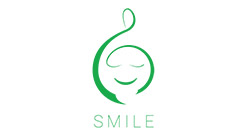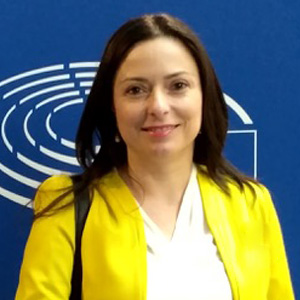SMILE: Share the Music for Inclusive Learning in Education
The inclusive educational model offers a multifaceted and continuous process that helps modernize the school as a system – attitudes, management, teaching-learning practices and development of sustainable policies and partnerships with actors connected to the school.
Project objective
The specific objective of project SMILE is to support teachers and leaders of educational institutions to address the diverse needs of all learners through introducing systemic change at school level in partnership with knowledgeable local NGOs – local multipliers which have experience in the educational sphere.
The partner organizations will adapt the good practice to the local contexts and needs and will prepare it for future scaling up in the partner countries and at EU level. Common principles and approaches that are overarching the European contexts will be identified. A common ground in inclusive education, which bypasses the limitations and restrictions of national frameworks will be created.
Target groups
The project activities are mainly addressed to teachers and educators of primary schools and kindergartens; however, their students and pupils will also be indirect beneficiaries.
Results
- Study of needs: A cross-national study on teachers’ relationship with music, their attitudes towards the use of music as a tool in inclusive education and the techniques they already use in their classrooms to achieve the above goals. in their classrooms. These will be compiled into a Needs Analysis Report in order to classify them in terms of the materials developed during the project.
- Digital repository: A digital repository of works, exercises, methods, examples that can be used as an educational tool for inclusive education. The repository will also include a list of activities, instructions, lesson plans and music techniques that will help teachers to effectively integrate music into everyday teaching.
- Teacher’s Guide: This guide will include research carried out that demonstrates the relevance and importance of music in intercultural learning and inclusive education. In addition, it will include information about inclusive education and ways to integrate music in formal and and informal education.
- SMILE MOOC: An online training course designed as a MOOC will be developed as the final outcome of the project, giving more teachers, in Europe and beyond, the chance to be trained in the use of music in their multicultural classrooms for inclusive education. This will be a full step-by-step training on the use of music in both formal and informal forms of teaching. In addition, during the face-to-face training, teachers will gain practical knowledge on how to integrate music in their classrooms, which they will be able to adapt accordingly to the specific characteristics of their students.
Added value
The application of the Model will support school teams in 9 schools and will result in better prepared teachers and principals and an improved inclusive environment in these schools. The promotion of this good practice at European level through an e-learning course, which is part of the project, will create a solid environment for increasing awareness, knowledge and understanding of the developed Model in particular and inclusive education in general, among stakeholders in the EU.
Planned activities
A conference to disseminate the project results will be organised in each partner country.
A teacher training course on the use of music in inclusive education will also be held.

Project duration:
January 2022 – June 2024

More information:
Project coordinator

Eastern Macedonia – Thrace Regional Directorate for Primary and Secondary Education
Greece
Project partners

A.MUS.ED. AMALGAMATE MUSIC EDUCATION LTD
Cyprus

Fundacja Rozwoju Aktywności Międzynarodowej i Edukacyjnej – FRAME
Poland

UNIVERSITA DEGLI STUDI DI CATANIA
Italy

Viksjöfors skola
Sweden
Contact the project supervisor

Marta Kędzia
mkedzia(at)euframe.eu

Adam Gogacz
adam(at)gogacz.eu

